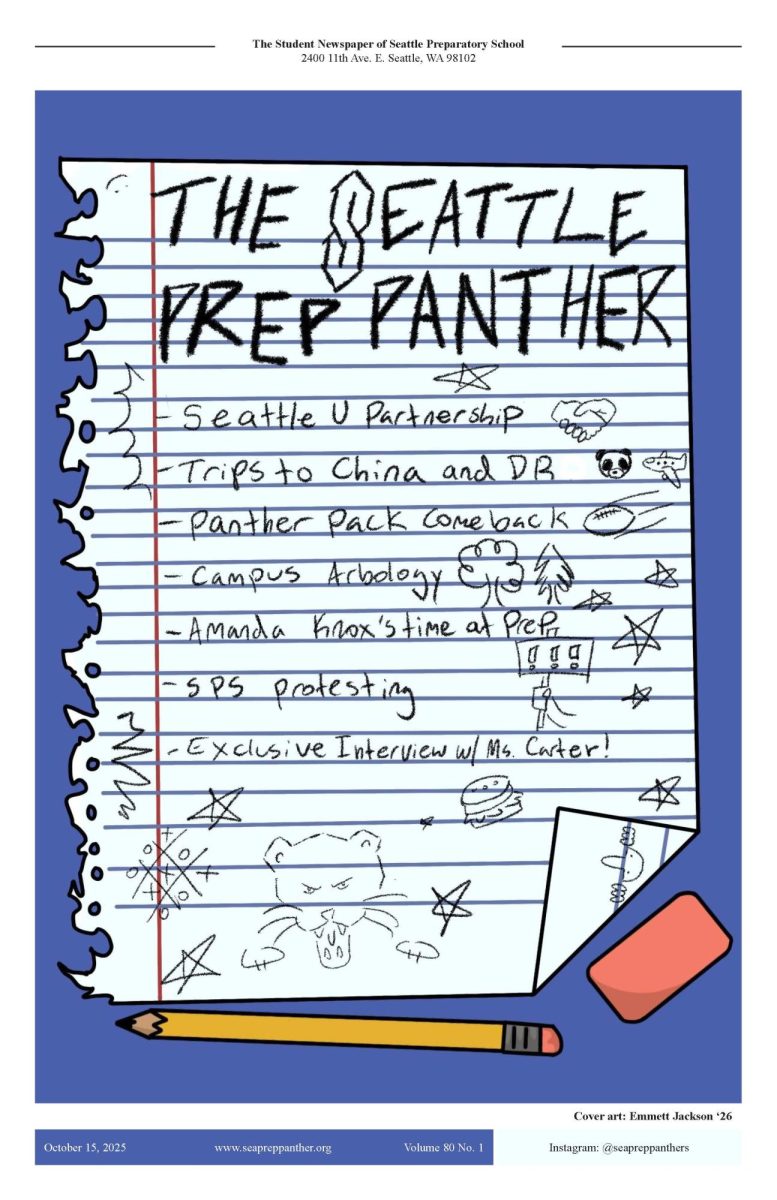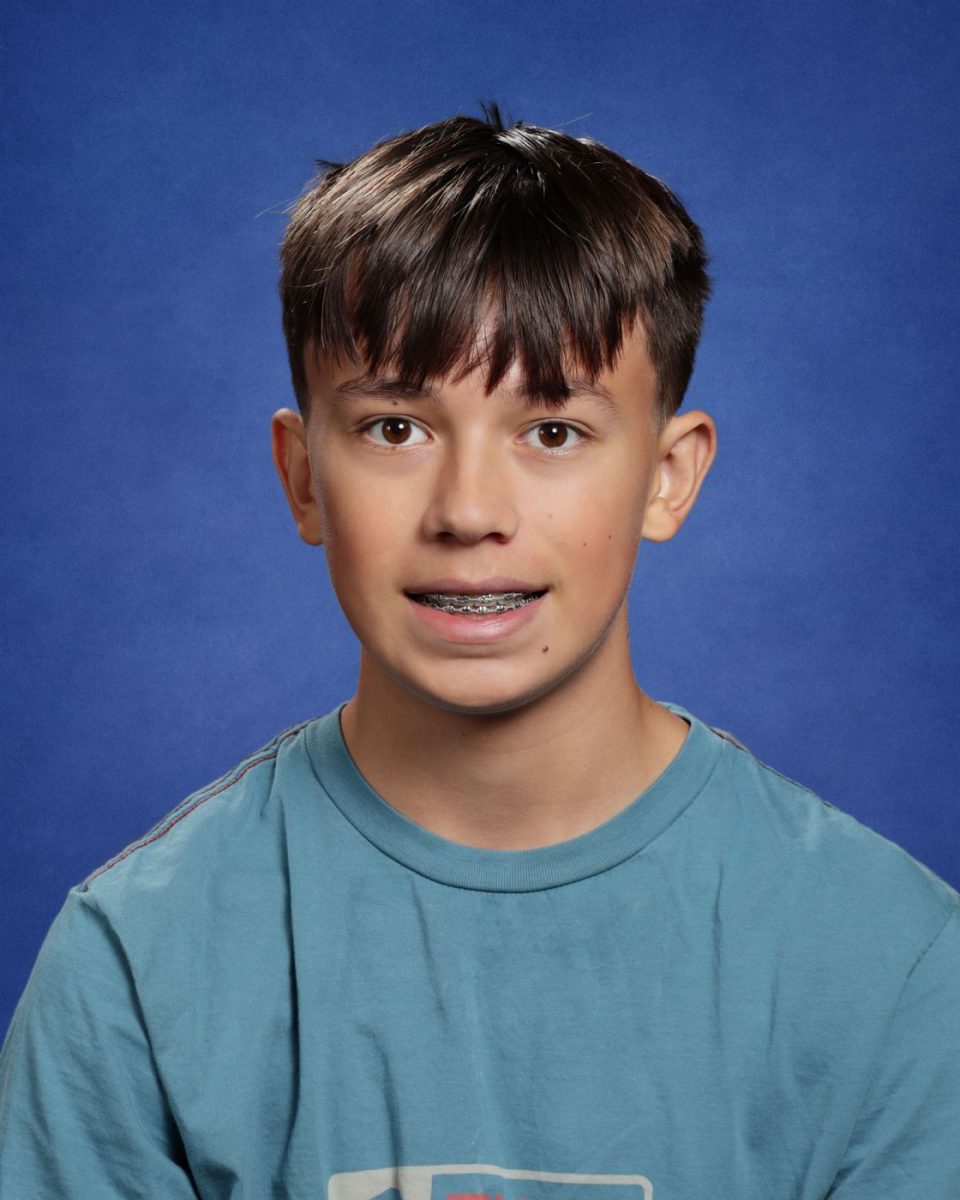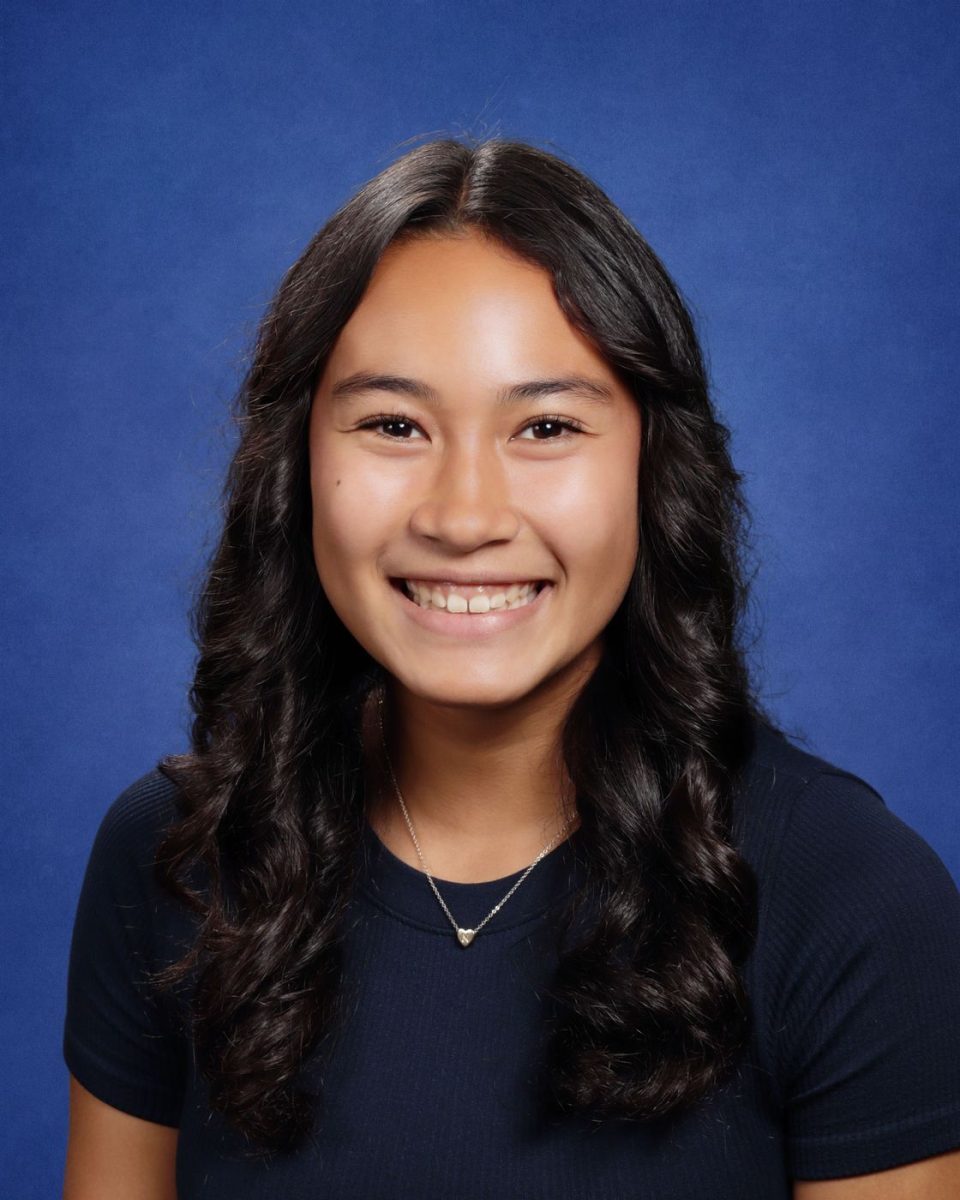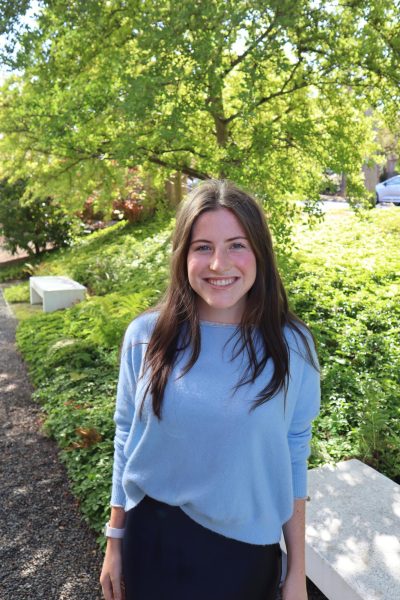Note: The following article was written as part of the 2024 Washington Journalism Education Association State Contest. Students listened to and asked questions in a live keynote panel presentation on the use of AI in Journalism, then students had 70 minutes to write an article about the panel presentation.
This article in the News Writing category was awarded “Honorable Mention”
As modern-day technology provides easy access to generative intelligence, educators and professionals are working to instill technological ethics in their students. On Saturday, March 9th at Arlington High School, writers and researchers Jenn Smith, Mariah Valles, Brett Atwood and Alan Boyle held a panel for Washington State high school journalists and took the opportunity to reveal their hopes and fears for the future of AI and creativity.
WSU Everett professor Atwood has experience teaching both his students and his colleagues on how to use AI appropriately. He takes a progressive approach to including programs like Chat GPT and Open AI in his classroom but has concerns about critical thinking and creative development. He explained, “It’s so available, it’s so easy, it’s so convenient, it’s so tempting to use that as a crutch.”
Valles, a Fox 13 producer who identifies herself as “cautiously optimistic” when it comes to AI, describes journalism as a responsibility to be open and honest and takes pride in being investigative and curious in her work. She said, “I support AI for tools like spell checking, AP style, things that are black and white. But when you’re reporting on a story where you have to have a human decision, that ethical-moral boundary we all talk about in journalism school, you just can’t rely on it. It’s never going to be human.”
Seattle-based writer Boyle is a contributor to GeekWire’s Bot or Not? column where he explores the challenges of modern technology. Boyle whole-heartedly believes in transparency and accountability in writing and reporting. He reinforces the importance of cite disclosure, and honesty in journalism, in order to prevent reader manipulation.
Atwood agreed, “I would say a lack of transparency, cut and pasting, pawning it off as your original writing and research is very problematic.”
Boyle addressed the young audience and said, “Now is the time where we have to decide how are we going to use it correctly; how can we make sure it doesn’t do things that are super detrimental to society.”






